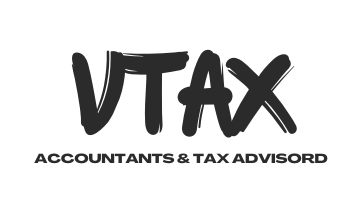What is the Limited Company?
Limited liability companies are businesses with a separate legal entity to that of its shareholders, owner and management. Even if you are the only shareholder, owner and manager, the business – now company – is separate from you.
Crucially, this means a distinction between your personal assets and those of the company. This is where the concept of ‘limited’ comes in. Your liability for the debt of the company is limited by its new legal status as an individual financial entity. Lots of sole traders, business partnerships and freelancers find this a very appealing prospect.
It means that whatever is earned by the company belongs to the company. Shareholders and directors can’t just take money out of the company bank account.
you have to initially register with Companies House and file an annual Confirmation Statement alongside your accounts with them. These are publicly available.
You also start to pay Corporation Tax, which means keeping accurate records and filing a Corporation Tax return with HMRC every year. Each individual director is also required to file a self assessment tax return with HMRC to pay their individual income tax and National Insurance Contributions.
1

The Advantages of a Limited Company
There are several advantages to forming a limited company, such as the fact that it is a separate legal entity from its owners, meaning that the owners are not personally liable for the company’s debts.
This protects the owners’ personal assets if the business cannot pay its debts. Limited companies also have a lower tax rate than sole traders and partnerships through efficient tax planning opportunities, making them more advantageous for business owners. Additionally, limited companies often have an easier time raising capital than other business structures, as investors are more likely to invest in a company that offers them limited liability.
1- Limited Liability
2- Tax Efficient
3- Professional Image
4- Protection of your company name
5- Claim on limited company expenses
6- Pension Opportunities
7- Higher Take-Home Pay
1

The Disadvantages of a Limited Company
There are a few disadvantages of a limited company. One drawback is that a limited company may have to pay more taxes than a sole proprietorship or partnership. Another disadvantage is that you may have to comply with more government regulations. Finally, It may be more expensive to set up and maintain.
1- More Expensive to Set Up
2- More Paperwork
3- Difficult to change the company structure
4- Records Are Publically Available
5- Additional Reporting


